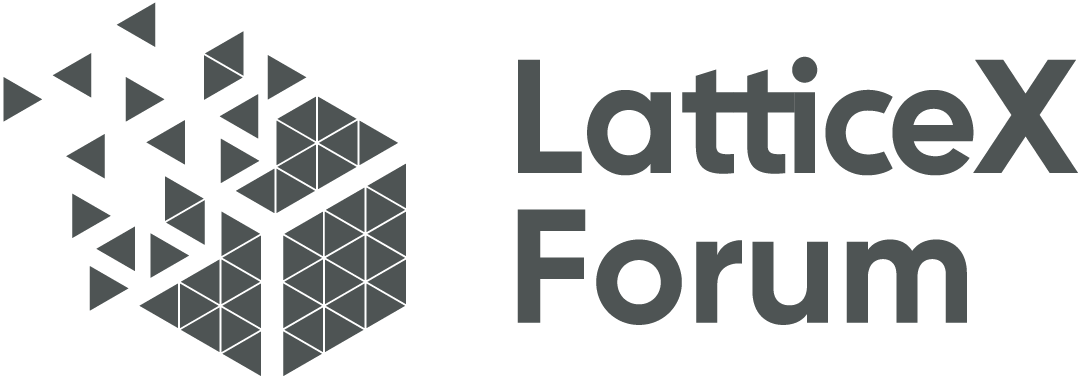The core technical features of PlatON
PlatON combines blockchain, privacy computing, and artificial intelligence technologies, with the following advantages:
-
Decentralization
Any user or node can connect to the network without permission. Combined with decentralized digital identity (DID) authentication and authorization, any data, algorithm, and computing power can be securely shared, connected, and traded globally. Everyone can develop and use artificial intelligence. Distributed storage and verification of data have been achieved through distributed ledgers and consensus mechanisms, avoiding the control and intervention of centralized institutions. This decentralized feature ensures the transparency and immutability of data, while reducing data security risks. -
Privacy protection
Privacy computing technologies based on modern cryptography such as MPC, homomorphism, and zero knowledge proof provide a new paradigm for computation, making data and models available but invisible, ensuring complete protection of privacy and safeguarding data rights. By using encryption algorithms and privacy computing techniques, data processing and analysis can be carried out without exposing the original data, thereby protecting user privacy. -
High performance consensus
Through optimization such as Pipeline verification, parallel verification, and aggregate signature, high-performance asynchronous BFT consensus is achieved, and formal verification methods are used to prove its security, liveliness, and fast responsiveness. Implemented high throughput and low latency transaction processing. It has significant advantages in handling large-scale data interaction and real-time transactions. -
Low training costs
Artificial intelligence requires a large amount of training data and computing power, with high training costs. OpenAI spent $12 million to train its GPT-3 language model, while cloud computing and data are often monopolized by technology giants, further exacerbating the training costs of artificial intelligence. The low training cost of blockchain technology is also an important advantage. By using smart contracts and automated execution, blockchain technology can achieve automated and intelligent data processing and analysis, thereby reducing the need and cost of manual intervention. This makes blockchain technology an efficient and low-cost data processing and analysis tool in many scenarios. -
Leveraging blockchain and privacy computing technologies
Anyone can share computing resources in a secure and frictionless market, truly reducing marginal costs and significantly lowering social computing costs. Realize secure data sharing, promote compliant flow of data, break data monopolies, and accumulate more, better quality, and lower cost data than technology giants through decentralization. -
Low development threshold
Visual AI model development and debugging, automated machine learning (AutoML), simplifying the entire process management process of AI models from model development, training to deployment through MLOps, reducing the development threshold of AI models, and improving development efficiency. AI services can automatically discover, combine, and collaborate, creating more and more innovative AI services through more advanced forms of automated programming. -
Regulatory compliance
All data, variables, and processes used in the AI training decision-making process have tamper proof records that can be tracked and audited. The use of privacy protection technology enables the use of data to comply with regulatory regulations such as the right to forget, portability, conditional authorization, and minimal collection.
